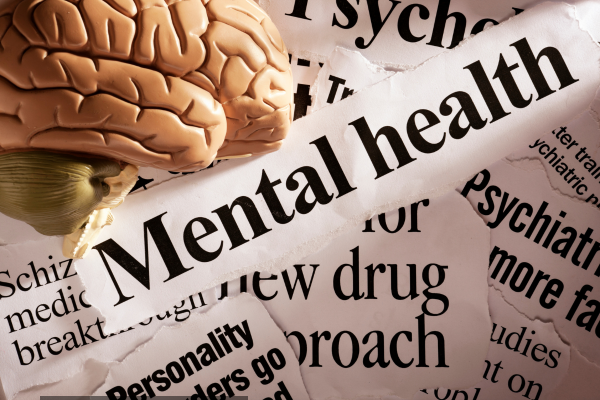Table of Contents
Social media has transformed how we connect, communicate, and share our lives. Platforms like Instagram, Facebook, and TikTok have millions of active users daily. While these platforms can enrich lives, they also come with challenges that affect mental health. Understanding how social media influences your well-being is essential to using it effectively and avoiding its pitfalls.
Positive Effects of Social Media
Social media offers several benefits for mental health. It allows people to maintain relationships despite physical distances. For individuals experiencing isolation, these platforms can foster a sense of belonging. Additionally, many find online communities where they share interests, seek support, or discuss personal challenges.
Access to mental health resources is another advantage. Social media often provides tools, articles, and even therapy options for those in need. When used thoughtfully, it becomes a source of empowerment and education. However, over-reliance on these platforms can lead to unintended consequences.

Negative Effects: Social Media Anxiety and More
Despite its advantages, social media has a darker side. Constant exposure to curated lifestyles can lead to self-comparison. Many users experience feelings of inadequacy, social media anxiety, or even depression. The pressure to maintain a “perfect” online presence can increase stress levels significantly.
Another issue is cyberbullying, which disproportionately affects younger users. Hurtful comments or messages can harm self-esteem and emotional health. Prolonged use of social media also impacts sleep, leading to fatigue and irritability. Recognizing these risks is the first step toward mitigating them.
How to Detox from Social Media
Taking breaks from social media can improve mental health and reduce anxiety. Start by setting limits on daily screen time. Disable unnecessary notifications to avoid constant interruptions. Scheduling specific times for social media use helps maintain a healthy balance.
Another effective strategy is replacing social media with offline activities. Engage in hobbies, exercise, or spend time with loved ones. These practices shift your focus to real-life connections and personal growth.

Long-Term Solutions for Balanced Social Media Use
Developing a mindful approach to social media is crucial for long-term well-being. Practice gratitude for your achievements rather than comparing them to others online. Follow accounts that inspire positivity and unfollow those that trigger negative emotions.
Using social media responsibly ensures you enjoy its benefits without falling into its traps. Building a balanced relationship with these platforms strengthens mental health and enhances overall happiness.









